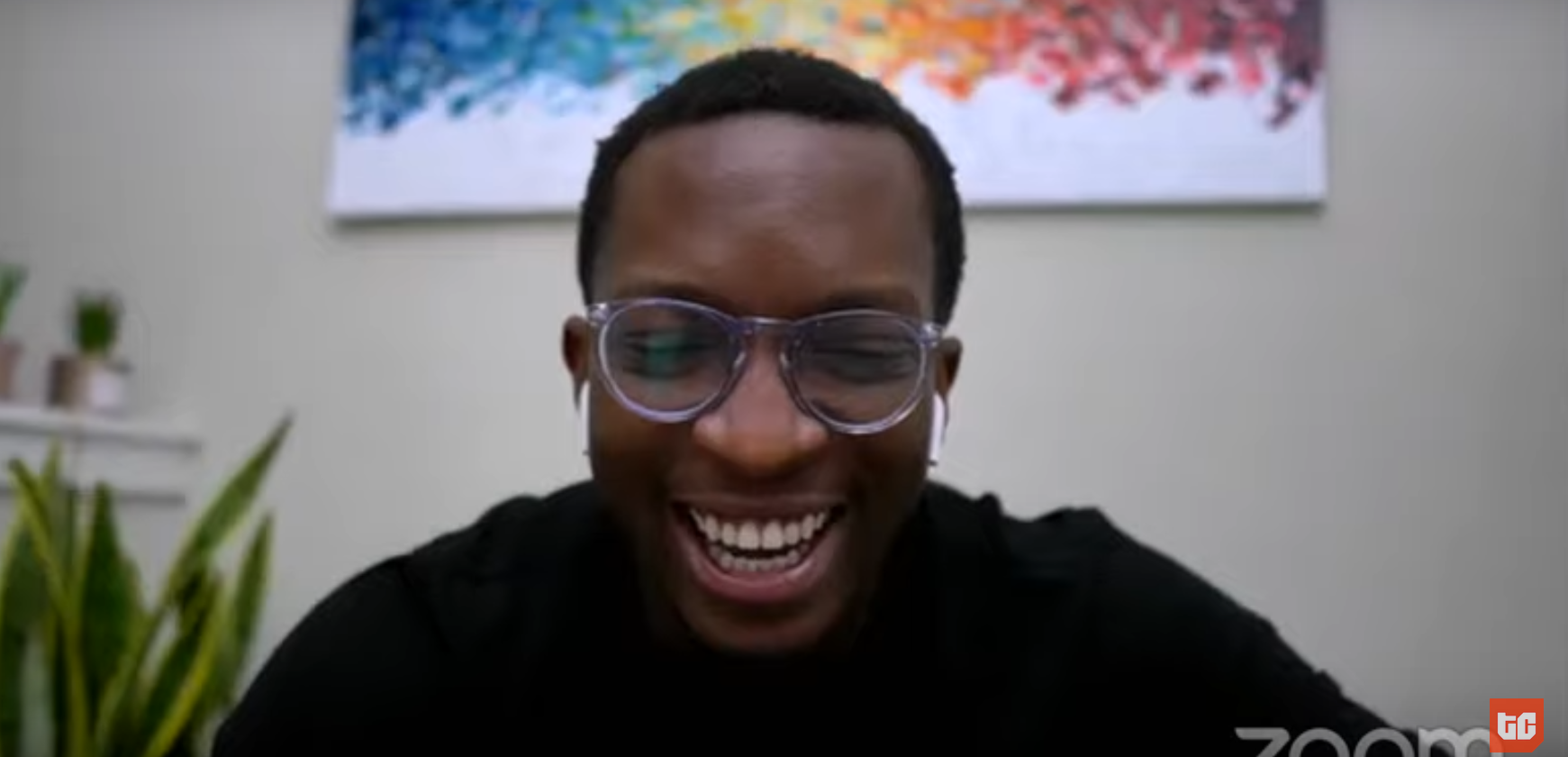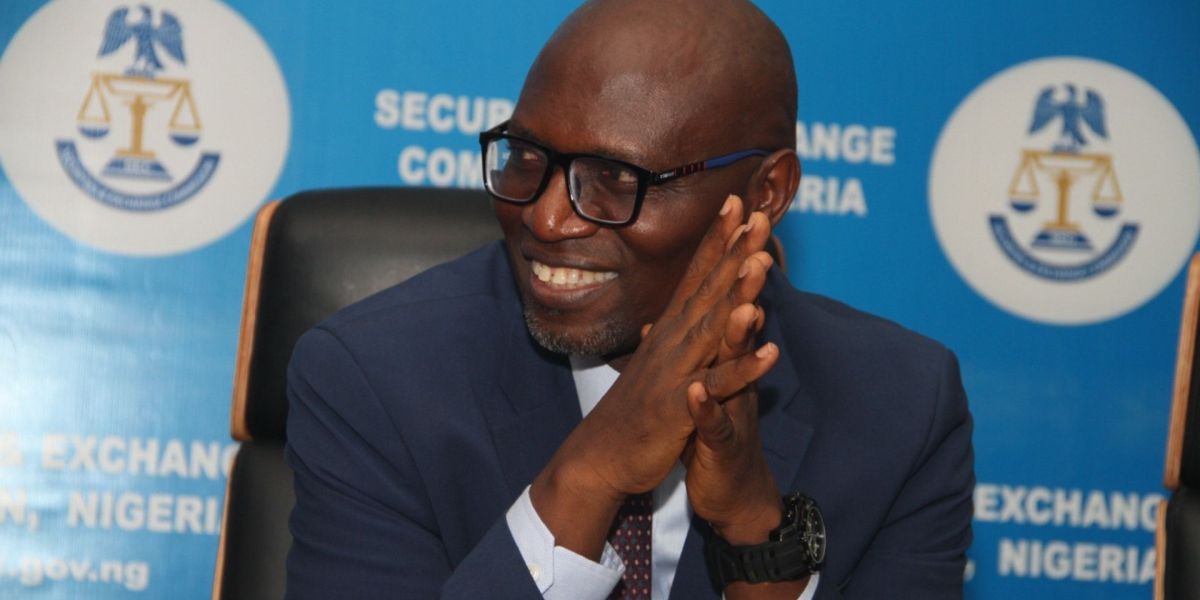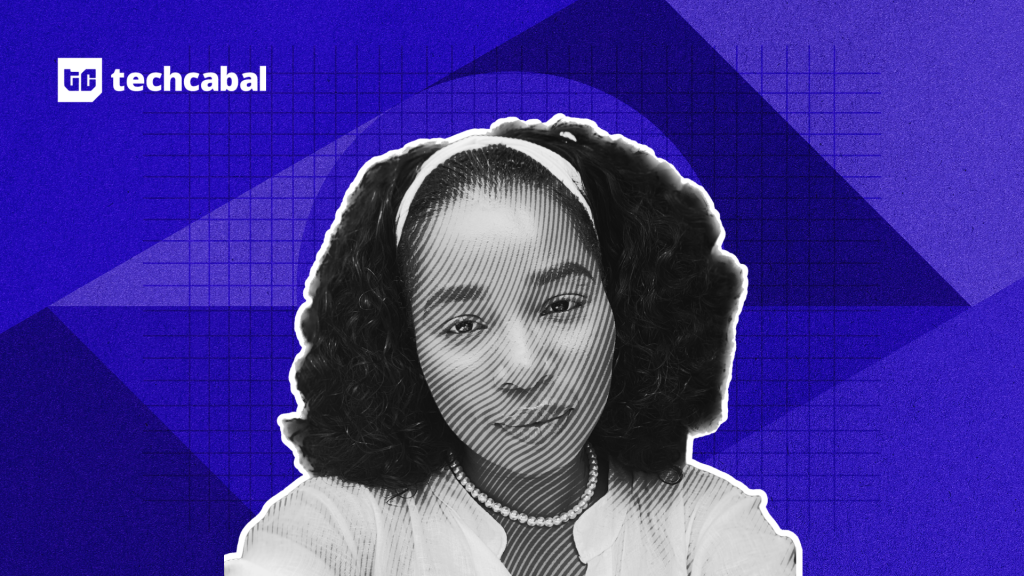At Paystack, triggers and nudges for product creativity and stunning user interfaces come from team members’ expectations of how they want the world to look and feel.
The call, if you will, to work at the company is an opportunity to do something about your complaints. To take the matter of changing the world into your hands, not with Molotov cocktails but code bases and Adobe’s magic buttons.
Paystack, the Lagos-based payments startup that helps merchants accept payments from their customers, is now part of an American company following the celebrated (though still under-discussed and under-analysed) sale to Stripe, the global payments giant-in-waiting.
The fusion of both companies, though separated miles apart in distance, is testimony to how similar desires are around the world.
But it is chiefly good reckoning for Shola Akinlade, the mid-thirties somewhat shy developer who co-founded Paystack with Babcock University schoolmate Ezra Olubi and turned it into an envy of the world.
As of this writing, Paystack is live in Ghana, Nigeria and South Africa. With the acquisition, they could be popping up in more places.
On Building from the Ground Up, a TechCabal live video interview series in partnership with the UK-Nigeria Tech Hub, we got an honest lowdown from Akinlade on what it took to begin the journey that has made Paystack a $200million company.
Typically self-effacing, Akinlade ascribes the early days’ momentum to encouragement from figures within the Nigerian community – the ecosystem. Osita Nwoye’s name pops in the conversation, with reference to a famous email sent to Michael Seibel – CEO of YCombinator – urging the famed accelerator to consider the innovation Akinlade was working on.
Other interesting characters at the scene of Paystack’s nativity in the second half of 2015 include angel investor Olumide Soyombo, Oluyomi Ojo (CEO of Printivo), Odun Longe of the Longe Practice and Honey Ogundeyi, who used to run the fashion website Fashpa.com en route her current role as the Nigeria country director for the UK-Nigeria Tech Hub.
Paystack took off early because businesses like Piggyvest, Supermart.ng and now defunct ride-hailing service Jekalo needed payments integrations to build their own proofs of concept.
It’s not like Paystack had it all figured out at the time. Akinlade remembers telling the Jekalo people that “we can help you collect your money but not be able to settle,” but his service was commissioned and invoiced anyhow.
That kind of confidence from the community spoke to a perception that Akinlade knew what he was up to.
Before Paystack, he had built an open source version of Dropbox and operated it for about 5 years. He’d built software for a few Nigerian banks.
In the conversation with Big Cabal Media’s CEO Tomiwa Aladekomo, Akinlade says building Paystack was partly a result of discovering he could charge a card from his computer. A decade ago, that was sort of a big deal in Nigeria’s emerging financial technology and ecommerce sector, but the process was anything but seamless for the mass consumer or small time business owner.
The challenge, then, was to design a payments product that anyone could consume.
To achieve this, Akinlade would have to go on a recruitment spree. He would convince new developers hungry for a challenge to come on board. He would persuade ex-bank employees and experienced product engineers at older fintechs who were probably comfortable at their jobs. One key hire was Khadijah Abu who came in from Interswitch in 2017 and has been integral to shaping product.
Akinlade would need the expertise of design geeks like Opemipo Aikomo, and the storytelling prowess of Emmanuel Quartey.
Akinlade says it was inevitable that Quartey would be a key cog for the company’s public image following a spectacular presentation during a one-week familiarisation period.
The result? In November 2020, Paystack now processes 5 times what Nigeria as a country was doing in payments pre-Paystack.
Clients include MTN, Bolt and Domino’s, part of 60,000 small to medium-scale businesses using the multiple payments and accounting features the startup has developed over the last five years.
Paystack was built from the ground up by visionary Africans, in concert with investors from around the world.
Thanks to a work culture centered on transparency, clear communication and practicing kindness, the startup’s 120 or so staff are discernibly among the happiest people in Nigerian tech.
The Stripe acquisition means they’ll be even happier thanks to the stock options they hold. A key question for the ecosystem since mid-October has been this: how do we scale this happiness? How do we build more Paystacks from the ground up?
Here are Akinlade’s thoughts on that:
This acquisition shows that people can build something valuable and appreciate value. I like the idea of different ways to do this. One problem with a small ecosystem is that everybody will want to follow one path. If we do so, it’ll be bad. We need more people trying different things so that the options will be plenty. And then, people can have different paths ahead of them.
The man has sold a company for $200million, earning a valuation above some Nigerian banks that have been around longer. Might be worth paying attention to.
Watch the full video of Shola Akinlade speaking on Building from the Ground Up, our series with UK-Nigeria Tech Hub.



















